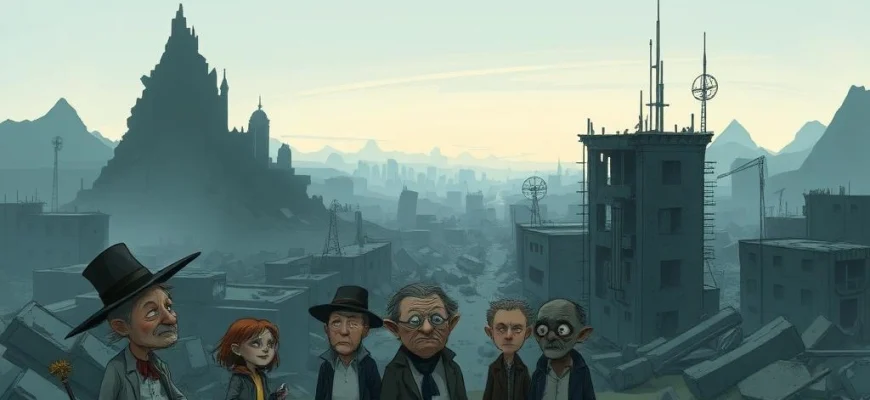If you loved the absurdist, post-apocalyptic satire of The Bed Sitting Room (1969), you're in for a treat. This article explores 10 similarly surreal and darkly comedic films and shows that capture the same offbeat charm and biting social commentary. Whether you're a fan of dystopian humor or quirky storytelling, these picks will keep you entertained.
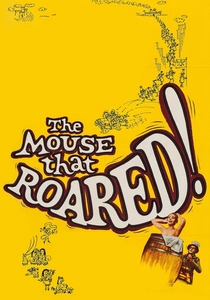
The Mouse That Roared (1959)
Description: A farcical political satire about a tiny country that declares war on the U.S. to exploit foreign aid, highlighting the absurdities of Cold War geopolitics.
Fact: The film was one of Peter Sellers' first major roles, where he played three different characters. Its success led to a sequel, 'The Mouse on the Moon,' though Sellers did not reprise his roles.
 Watch Now
Watch Now 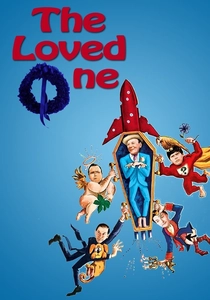
The Loved One (1965)
Description: A macabre satire of the American funeral industry, blending grotesque humor with sharp social commentary on death and consumerism.
Fact: The film was based on Evelyn Waugh's novel, which was inspired by his visit to Hollywood. It features an early screenplay credit for Terry Southern, who later co-wrote 'Dr. Strangelove.'
 Watch Now
Watch Now 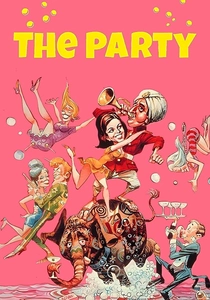
The Party (1968)
Description: A chaotic and satirical farce that critiques social hierarchies and pretensions through a series of escalating absurd events at a high-society gathering.
Fact: The film was largely improvised, with director Blake Edwards providing only a loose outline for the actors. Peter Sellers' character, Hrundi V. Bakshi, was inspired by a real-life Indian actor he met during the filming of 'The Millionairess.'
 Watch Now
Watch Now 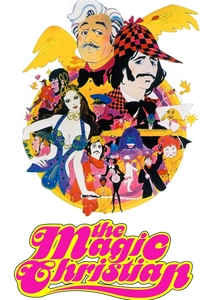
The Magic Christian (1969)
Description: A biting satire on greed and human behavior, featuring outrageous stunts designed to expose the corruptibility of people when tempted by money.
Fact: The film features cameos from several celebrities, including Ringo Starr and Christopher Lee. The title refers to a luxury cruise ship owned by the protagonist, which becomes the setting for many of the film's most absurd moments.
 Watch Now
Watch Now 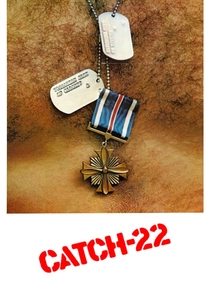
Catch-22 (1970)
Description: A darkly comedic war film that explores the illogical nature of bureaucracy and the absurdity of military life through surreal and circular storytelling.
Fact: The film was shot in Mexico due to budget constraints, with the desert standing in for the Mediterranean. It was initially a box office failure but later gained a cult following.
 Watch Now
Watch Now 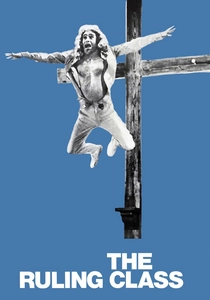
The Ruling Class (1972)
Description: A satirical black comedy that skewers the British aristocracy through the lens of a delusional nobleman who believes he is Jesus Christ.
Fact: Peter O'Toole's performance earned him an Academy Award nomination. The film's musical number, 'The Hanging Song,' was so darkly humorous it became infamous among audiences.
 Watch Now
Watch Now 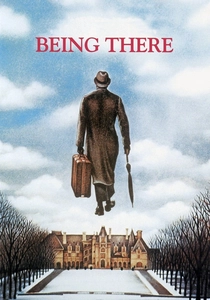
Being There (1979)
Description: A subtle satire on media, politics, and human perception, where a simple-minded man's accidental rise to fame highlights societal absurdities.
Fact: The film's final shot, featuring Chance walking on water, was added last-minute and became one of its most iconic moments. The screenplay was adapted from a novel by Jerzy Kosiński, who initially claimed it was based on his own unpublished manuscript.
 Watch Now
Watch Now 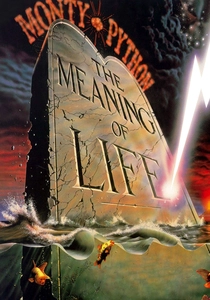
Monty Python's The Meaning of Life (1983)
Description: A surreal and episodic comedy that tackles existential questions with absurd humor, often mocking societal norms and institutions.
Fact: The film features the infamous 'Mr. Creosote' sketch, which was so grotesque it reportedly made audiences physically ill. It was the last feature film to include all six members of the original Monty Python troupe.
 Watch Now
Watch Now 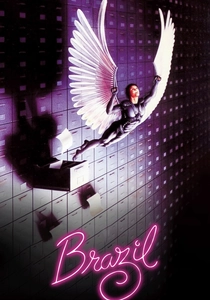
Brazil (1985)
Description: A darkly comedic satire set in a dystopian bureaucratic society, blending absurdity with surreal visuals and a critique of modern life.
Fact: The film's title was inspired by the song 'Aquarela do Brasil,' which plays a key role in the protagonist's dreams. It was heavily edited for its U.S. release, leading to a famously contentious battle between director Terry Gilliam and the studio.
 Watch Now
Watch Now 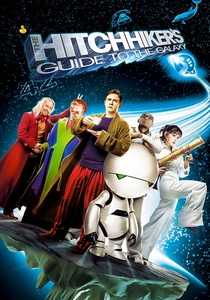
The Hitchhiker's Guide to the Galaxy (2005)
Description: A whimsical and absurd take on existential themes, filled with eccentric characters and a satirical look at bureaucracy and human folly.
Fact: The movie is based on a radio series that later became a book series, both of which were written by Douglas Adams. The iconic 'Don't Panic' slogan was originally inspired by Adams' time working as a hospital porter.
 Watch Now
Watch Now 
